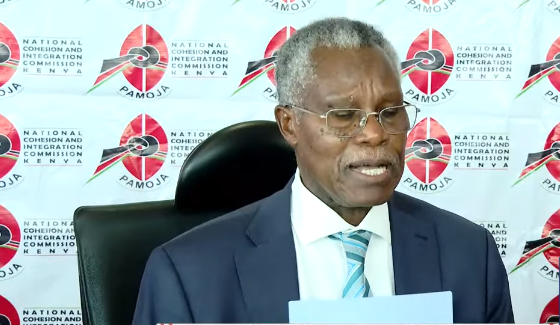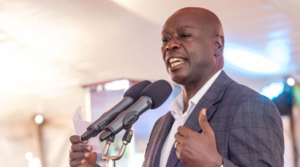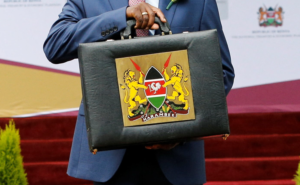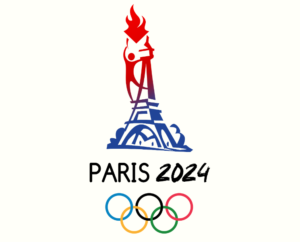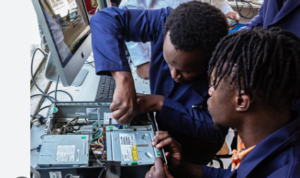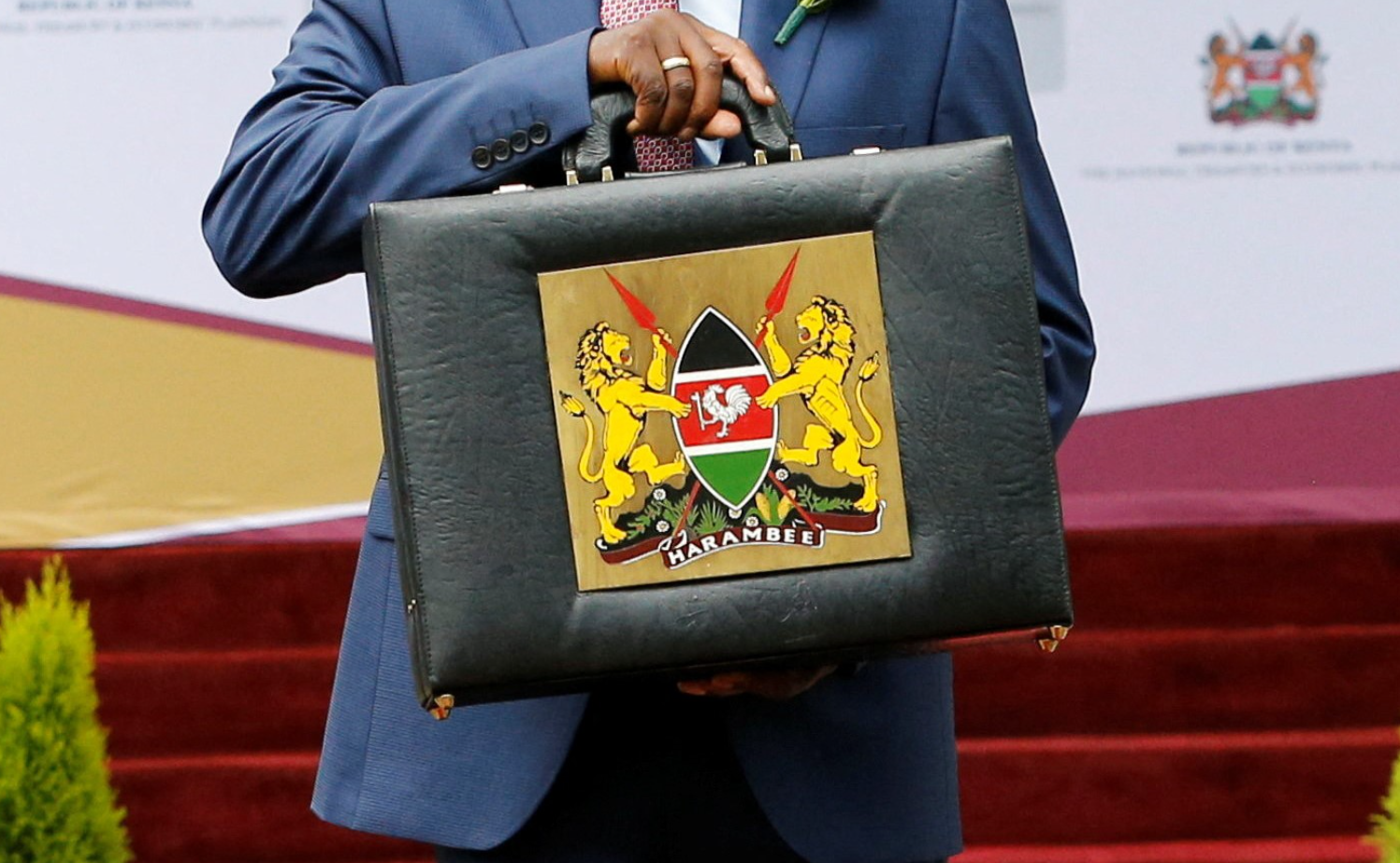What is in a name? The National Cohesion and Integration Commission Kenya, NCIC, seeks to rename ten counties named after ethnic groups. The counties are Nandi, Meru, Kisii, Tharaka-Nithi, Taita-Taveta, Embu, West-Pokot, Samburu, Elgeyo-Marakwet, and Turkana.
The NCIC is committed to understanding the root causes of tribal conflicts in Kenya. One of the challenges it has identified is the naming of our counties.
We recognize that there is a problem when it comes to people living in counties that have ethnic names, says Rev. Samuel Kobia, Chairman of the NCIC.
The NCIC believes that renaming these counties will have a positive impact. It will help minority groups residing in these areas feel less discriminated against by the larger group.
Additionally, it will enhance the sense of security for all Kenyans, regardless of where they live or work. This proposal is part of the NCIC’s comprehensive strategy to address boundary disputes, which have been a significant cause of ethnic clashes.
To achieve this, NCIC is preparing to table a motion in parliament to reduce discrimination against citizens of any ethnic origin.
Out of the 47 counties, 33 have experienced boundary disputes, making it a leading threat to peace and cohesion. Although devolution was established as a solution to the unequal distribution of resources and growth, it has been a cause of conflicts, especially in areas demarcated along ethnic dwellings.
Major Conflicted Boundaries
According to the commission, the significant disputes have been between Narok- Migori, Kitui- Tana River, Kisumu- Kericho, Taita- Taveta – Makueni, Meru-Isiolo, Nandi- Kisumu, West- Pokot- Baringo- Turkana, Kisumu- Vihiga, Nyamira- Kisii and Kwale- Kilifi.
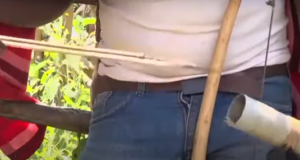
A person holding an arrow
The NCIC boss also cautioned Kenyans on how they share and consume social media content, adding that it has been fueling some ethnic contempt. Politicians were also warned against misinforming the public with their utterances.
We have taken what was said in Limuru three very seriously. We are investigating and have instructed our investigating team to now look at what was said by who so that we can take it up… Rev Kobia added.
To emphasize the work the commission does, it reported that it had taken up the following cases from different social media platforms: 44 discrimination cases, 93 misinformation cases, 24 incitement cases, 68 disinformation cases, and six hate speech cases.
In addition, out of the 67 hate speech cases they have handled, 43 are currently being investigated, two are already in court, and 13 have been concluded.


